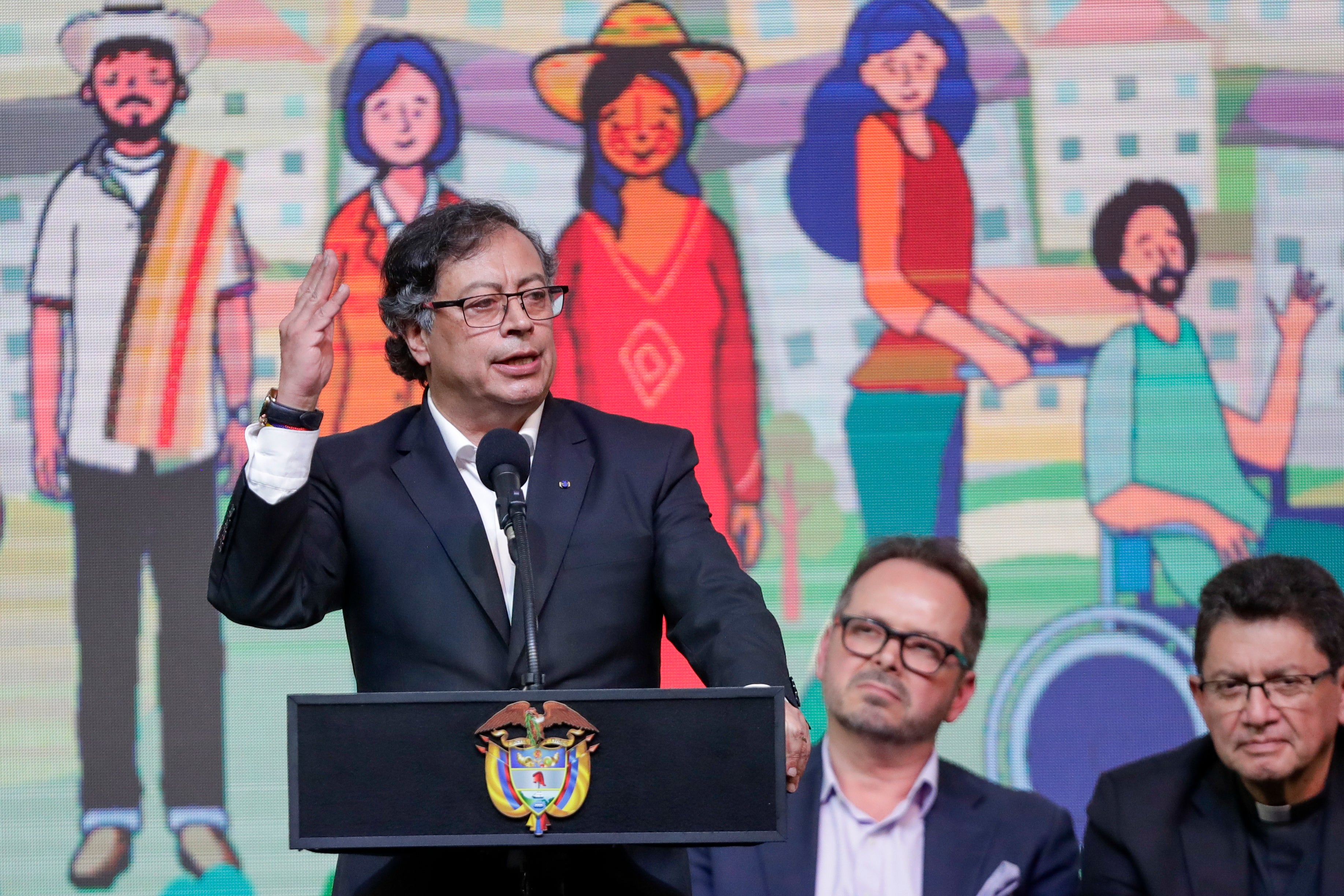Colombia extends cease-fire with National Liberation Army as ELN rebels promise to stop kidnappings
Colombia’s government and the nation’s largest remaining guerrilla group have reached a last-minute deal to extend a cease-fire that began last year by six months

Colombia’s government and the nation’s largest remaining guerrilla group have reached a last-minute deal to extend a cease-fire that began last year by six months, with ELN rebels also promising that they will stop kidnapping civilians for ransom.
The truce was set to expire on Tuesday. But in a brief statement issued just minutes before midnight, both sides said that they have extended the cease-fire for 180 days.
The statement says the National Liberation Army, known by its Spanish acronym ELN, will “temporarily and unilaterally suspend economic detentions” in order to contribute to the cease-fire.
Government officials said they were pleased with the new terms of the cease-fire.
“Many of the peace deals that have been signed in this country have had little impact on the ground,” Otty Patiño, Colombia’s peace commissioner, told local radio station Blu. “It is very important to work on territorial peace.”
Colombia’s government and the National Liberation Army have been holding peace talks since late 2022 as President Gustavo Petro tries to pacify several armed groups that weren't part of a 2016 peace deal between the government and the nation’s main rebel group, the Revolutionary Armed Forces of Colombia, or FARC.
A cease-fire between the government and ELN started in August, and has reduced fighting between both sides. But during the truce, the rebels also have been recruiting teenagers, and financing their operations through extorsion and kidnappings, leading to complaints that the cease-fire hasn’t done enough to improve security for civilians in rural areas.
In October, the cease-fire almost broke down when an ELN detachment in northern Colombia kidnapped the parents of Luis Díaz, one of the nation’s most beloved soccer players. Díaz’s mother was quickly rescued by police, while his father was released 12 days later following numerous protests and petitions.
According to Colombia’s Defense Ministry, the National Liberation Army is holding at least 38 hostages. The group has asked the government to provide it with alternate ways to finance its operations, while talks continue to take place.
Monday’s statement said that the conditions under which the rebels will cease kidnappings will continue to be discussed in an upcoming round of talks in April.
Bookmark popover
Removed from bookmarks